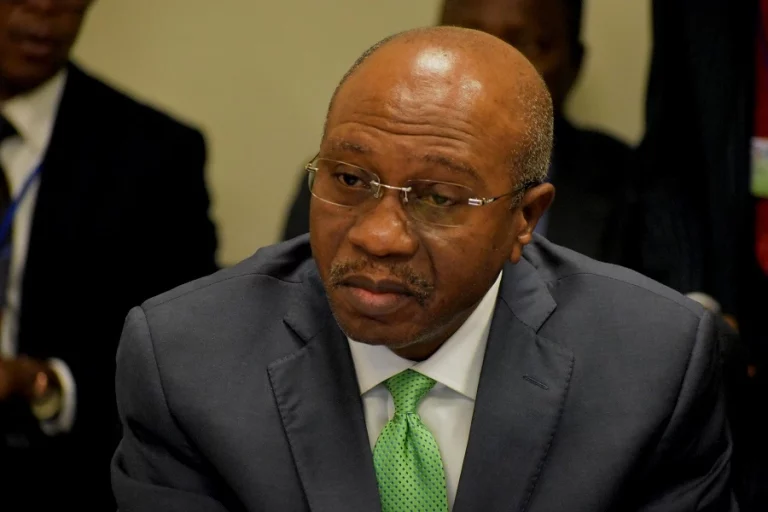With the suspension of Godwin Emefiele, the controversial Central Bank Governor, President Bola Ahmed Tinubu is closing his second week in charge of the nation with another decisive move widely considered to be in line with his reforms agenda.
Perhaps the most (in)famous Central Banker in the country’s history, Emefiele lowered the reputation of the important institution in his eight years in charge with damaging policy actions suspected to be influenced by politics, not sound economic principles as should ordinarily be the case.
Under his watch, the country’s investment profile took a huge dent due to the CBN’s engineering of a multiple exchange rate system that complicated the calculations of investors and made it difficult, if not impossible, for them to withdraw their profits. This predictably discouraged most of them and foreign investment into the country slumped to record lows.
Damagingly too, the multiple exchange rate system presented an arbitrage opportunity for favoured actors who were able to access dollars at the “official rate” and subsequently sold the same in the parallel market where dollars traded at a significantly higher rate to make illicit profits. Allegations abound that Emefiele, who later embarked on an ill-fated presidential bid, exploited the loophole he created to enrich his friends and cronies with hopes of receiving their backing.
After failing to obtain the presidential ticket of the APC which he desperately sought according to figures within the party, Emefiele attempted to influence the outcome of the election with an unpopular, economically unsound currency redesign policy.
The resultant effect was an artificial naira scarcity as the CBN mopped up the cash in circulation without replacement. Protests broke out across several states, informal businesses (the backbone of the country’s economy) collapsed and dozens of citizens died in queues for staples and essential drugs without access to their cash for the purchase.
Emefiele’s aim, according to those in the know, was to stoke anger against the ruling party, which was blamed for the ensuing chaos, and prevent the emergence of Bola Tinubu as president. He was rumoured to be working in cahoots with elements in the outgone administration who feared that the emergence of Tinubu will put an end to their suffocating grip on the country.
His open dalliance with partisan politics destroyed his credibility, both locally and internationally. Objective policy advisors were replaced with political consultants who were more focused on helping Emefiele achieve his political goals, specifically the occupation of Aso Rock, than guiding the country to a stable economic state.
By suspending him, President Tinubu has shown fidelity to his inaugural promise to cause a rethink in the economic management of the country. On May 29, in his first address, the president announced his preference for a unified exchange rate while guaranteeing investors that his administration will ensure easy repatriation of their profits. The message was well received by the local and international business community, triggering the biggest gain in the stock market on the country’s president’s first day in office since 1999.
Nigerians are both exhaling and jubilating since news of Emefiele’s suspension became public. It completes another productive week for President Tinubu whose work rate has earned him plaudits from the Nigerian public and other critical stakeholders. He continues to build support for his Renewed Hope agenda, which includes the management of a post-subsidy transition, and key reforms in the important sectors of security, finance and energy.
Emefiele has only been suspended but Nigerians consider this the beginning of the well-deserved probe of a man who traded away their economic well-being and destroyed the reputation of an important institution in service of his self-serving political interests.

